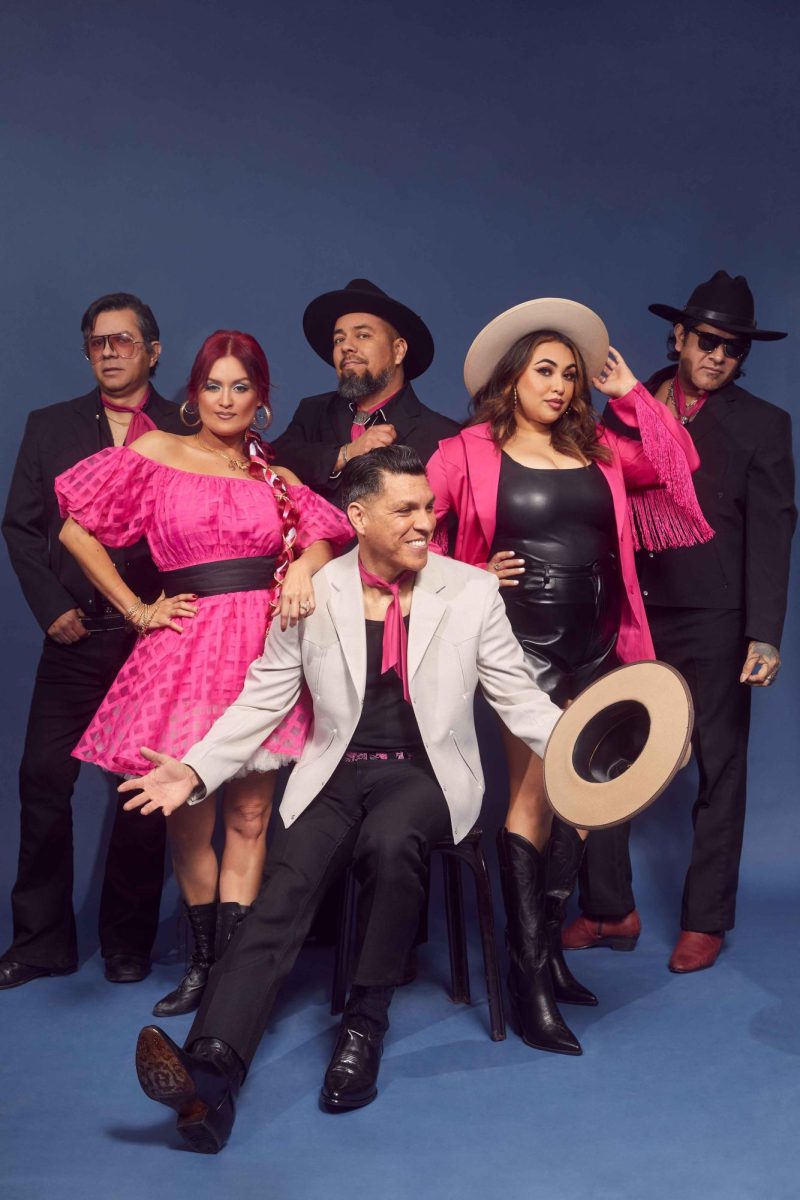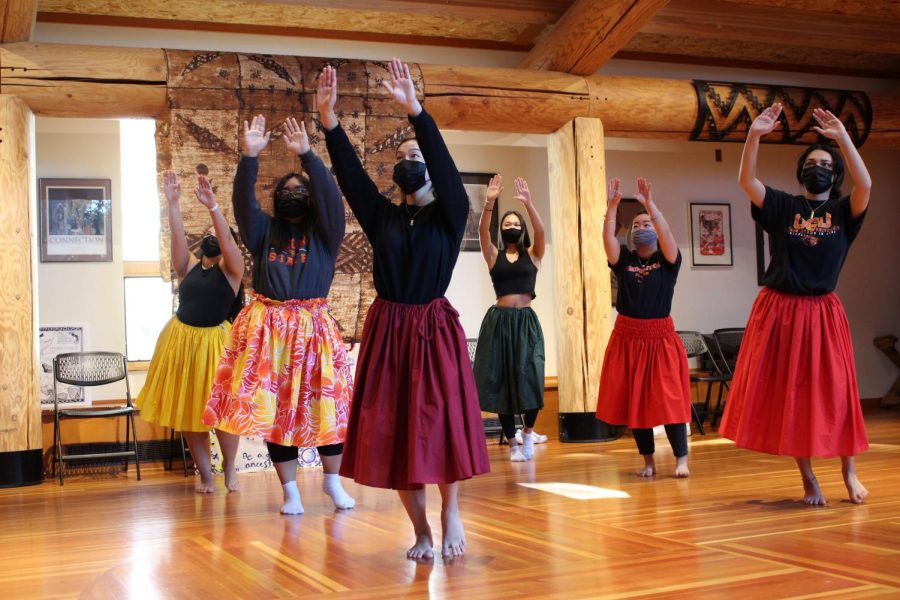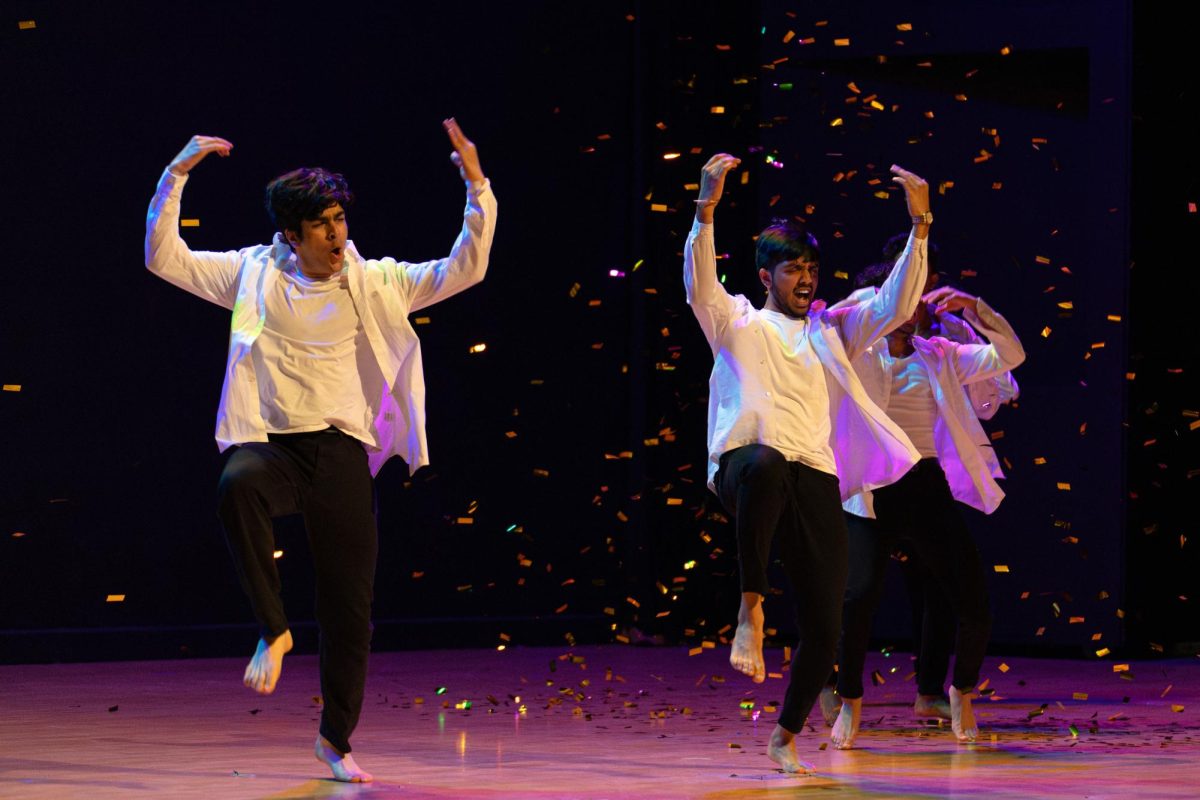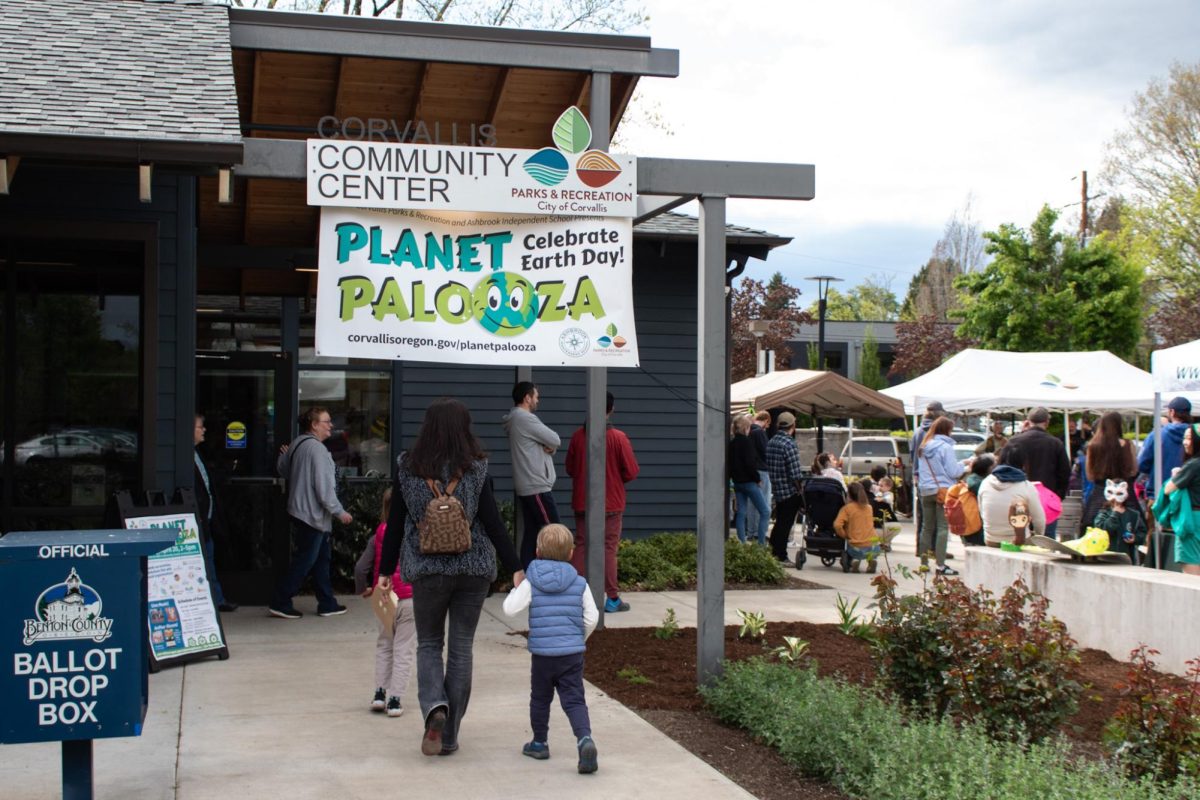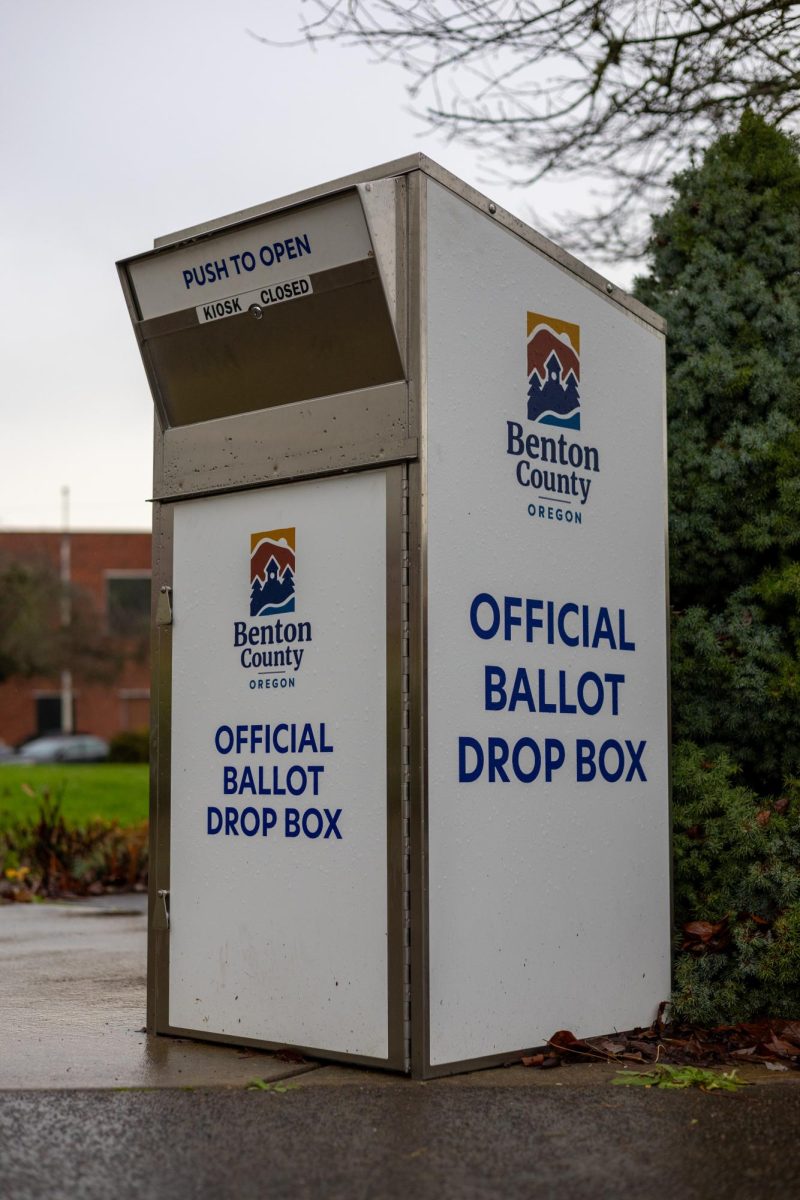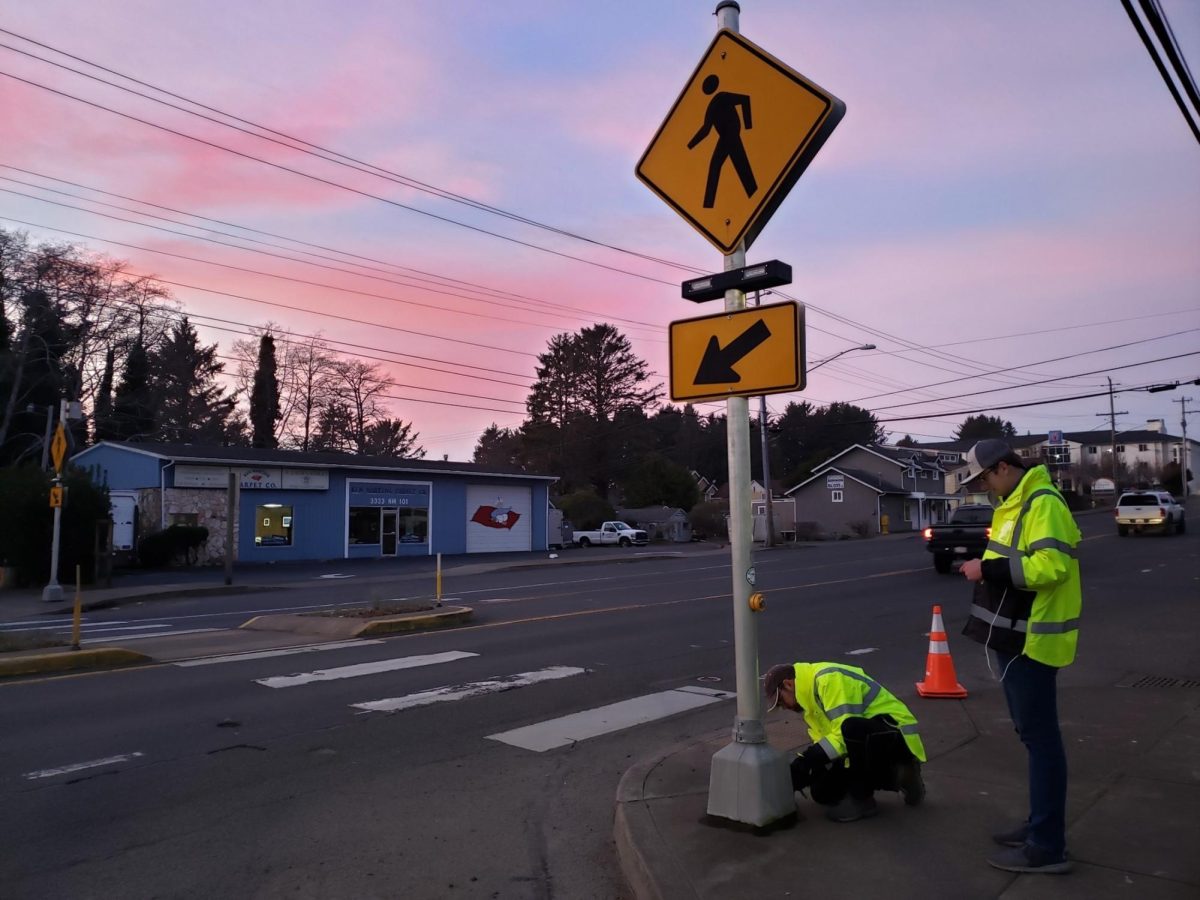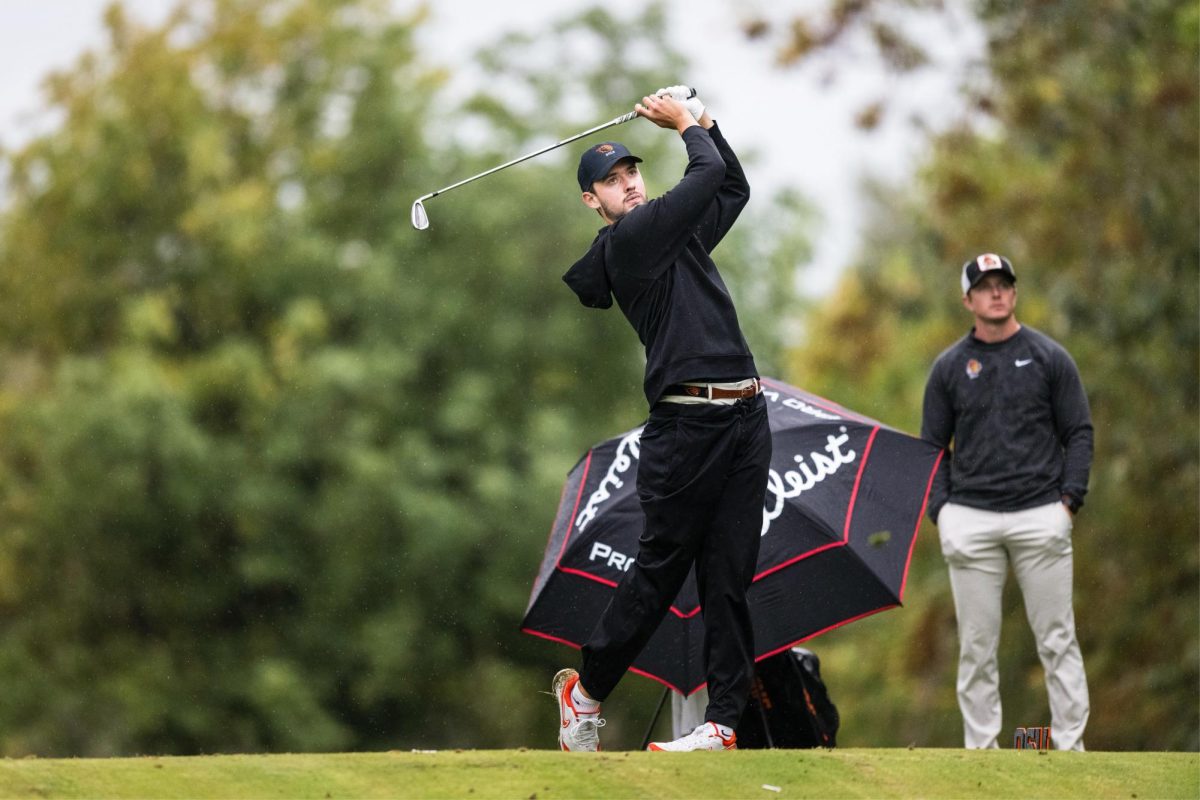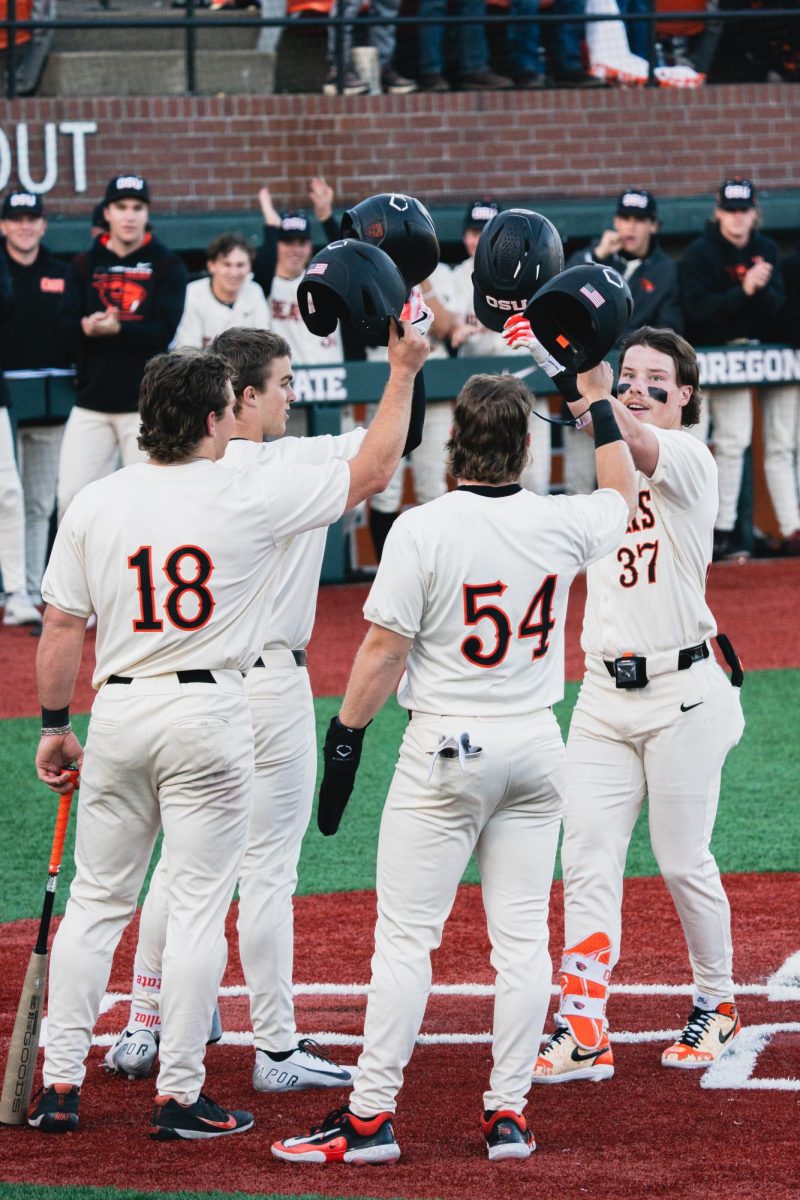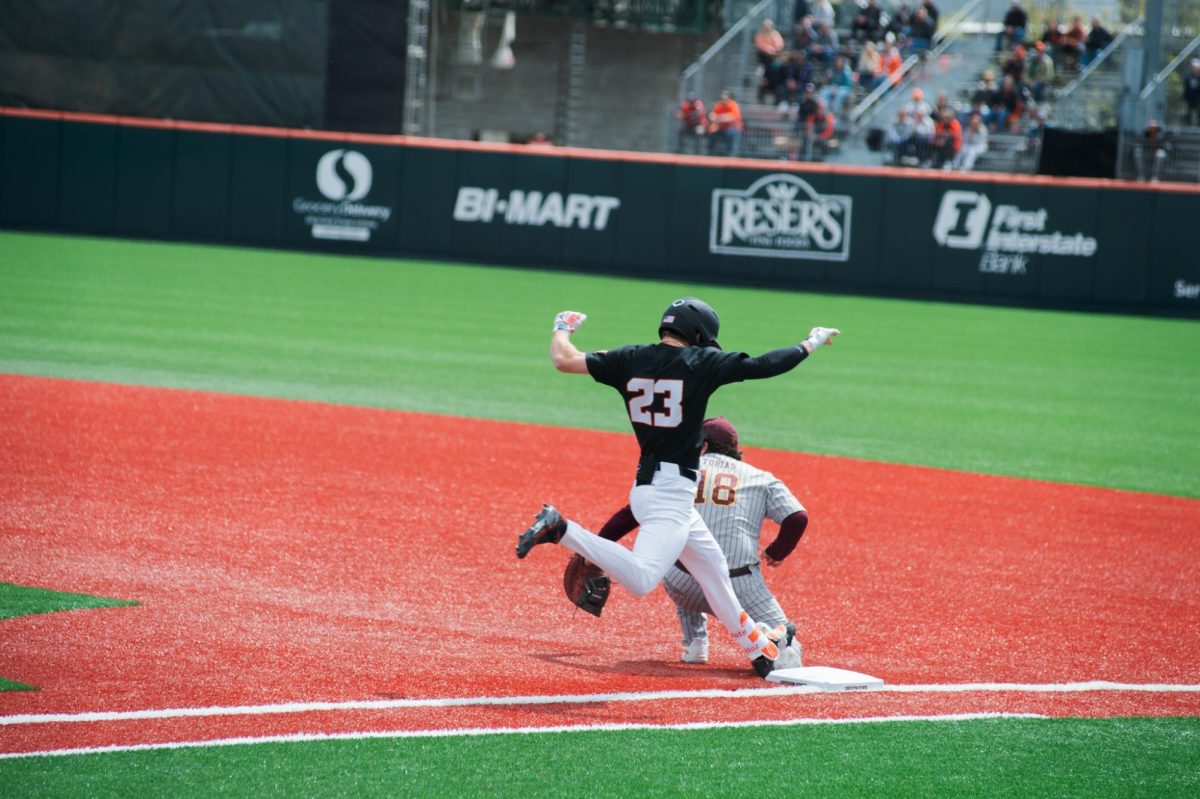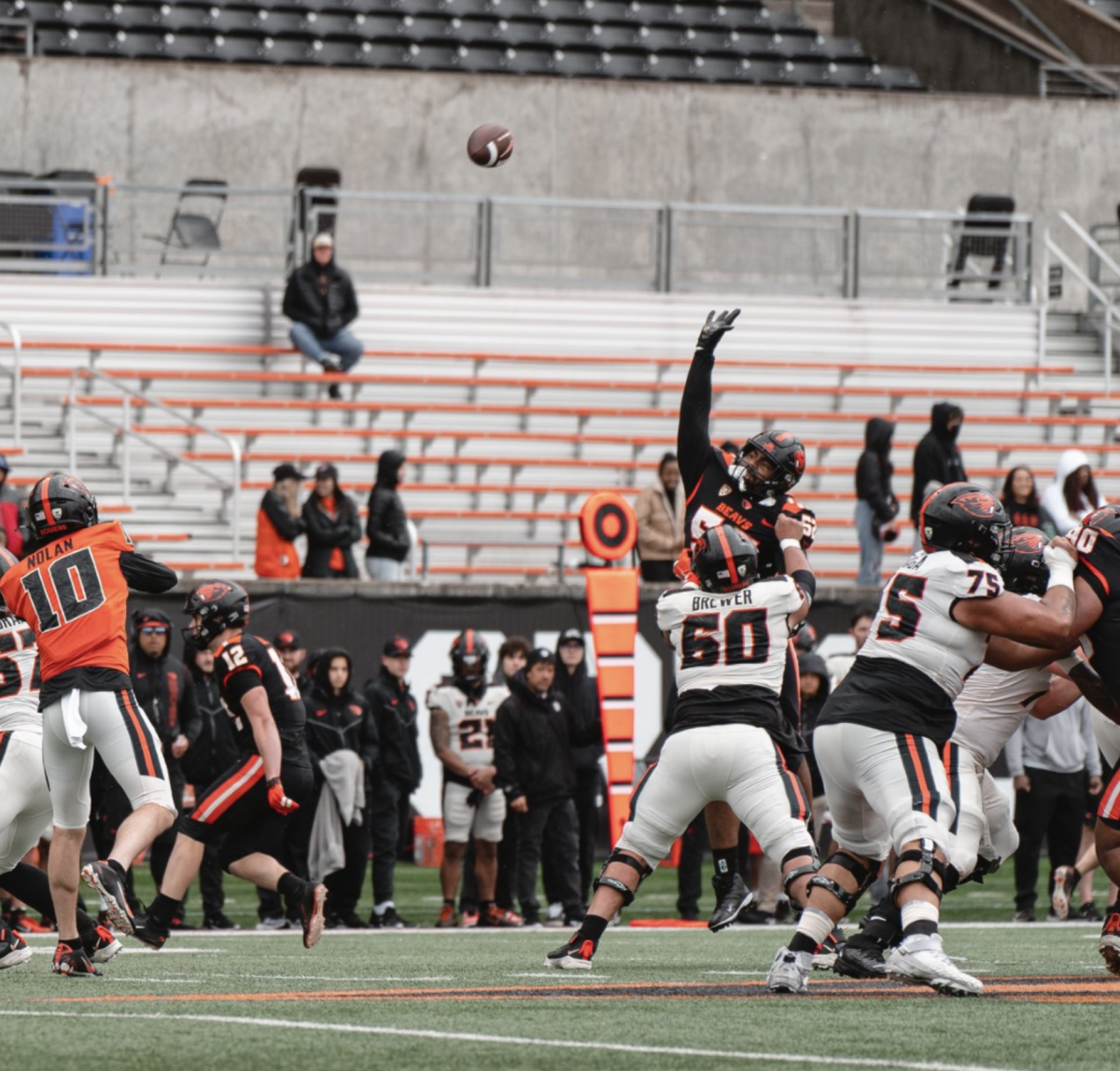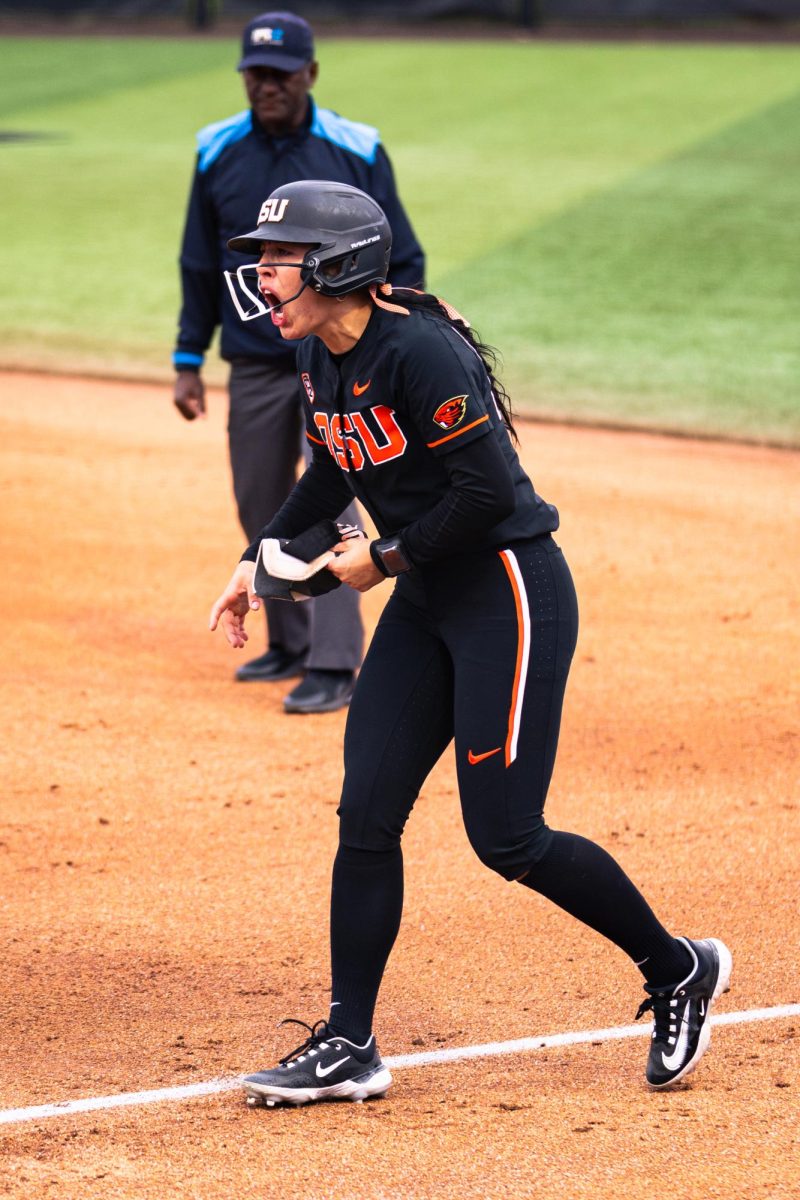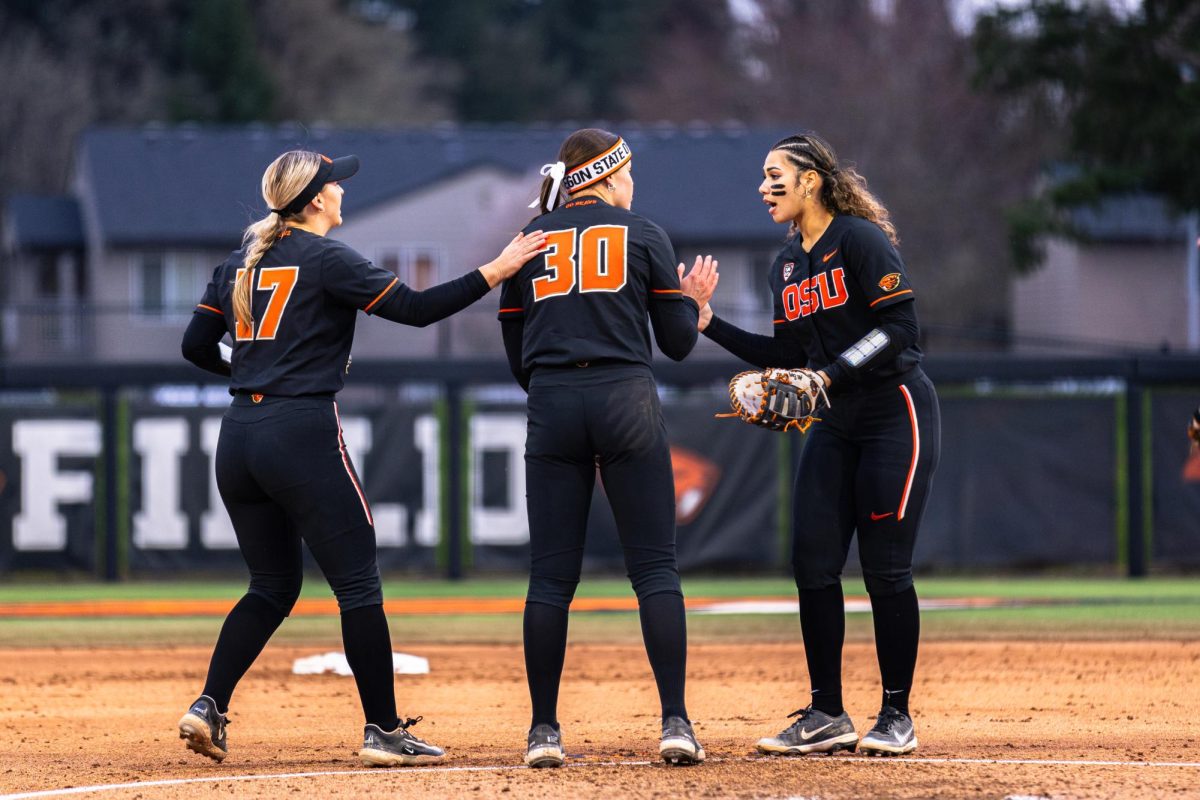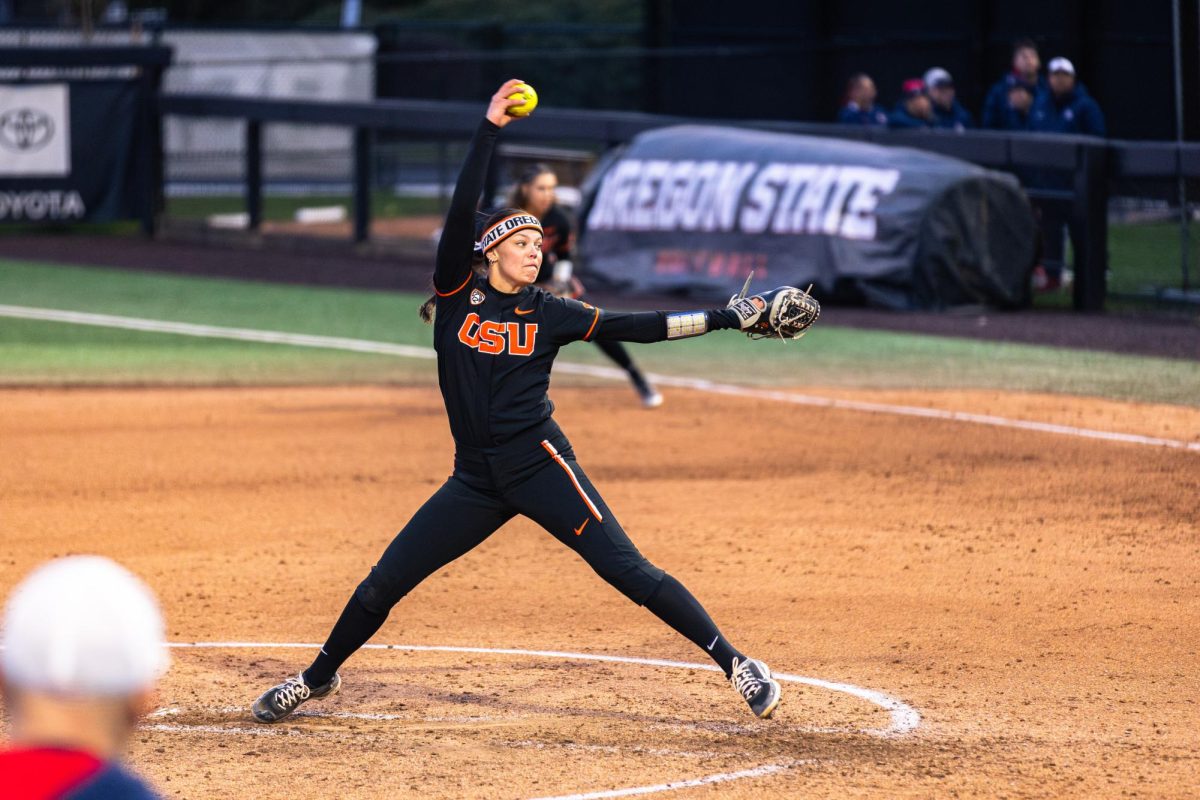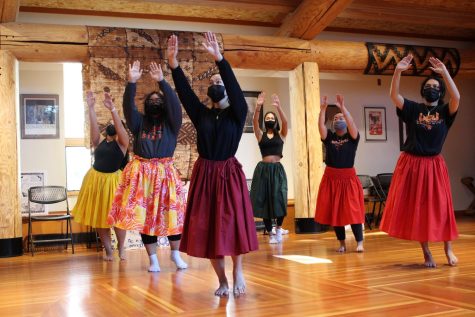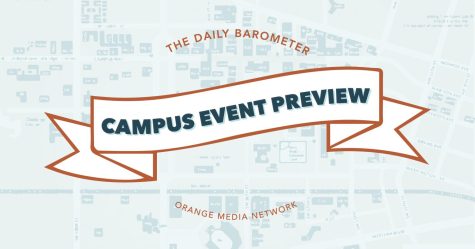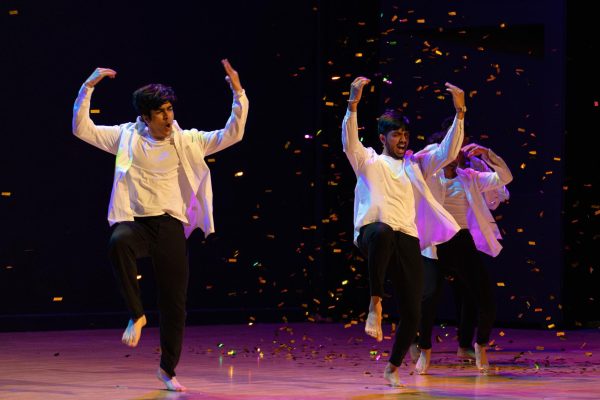‘Dam LAN’ hosted PC gamers, console enthusiasts
May 1, 2017
“Ready…go!”
A quote all too familiar within the gaming community, echoed throughout Reser Stadium on April 15, 2017.
Hosted by the Gaming Club at Oregon State University, the three-day event “Dam LAN” took place from April 14-16. The local area network, or LAN, party attracted PC gamers and console enthusiasts alike, gaining enough traction to require a large space like Reser Stadium. The popularity and size of this event could be indicative that there is a rise of interest among the gaming community at OSU.
A LAN party happens when people with compatible consoles or PC’s gather to play games together through a shared local network. Over 90 competitors flocked to the stadium to take part in the “Midday Melee,” a tournament dedicated to the 2001 Nintendo GameCube classic “Super Smash Bros. Melee.” The Gaming Club at OSU offers opportunities to meet and play the game at Sackett Hall most Friday nights.
According to Cody Luck, a Melee enthusiast and junior at OSU, there has been a rise of interest surrounding the game.
“Before the Sackett events through the Gaming Club, it was just some random guy in the Melee community hosting at his house every Friday,” Luck said.
According to the “Midday Melee” Facebook page, the competition ran from 10 a.m. on April 15 to 3 a.m. on April 16. Although the competition was lengthy, at the end of the day competitors were still able to reflect on what truly brought them together: the community.
“They’re just very accepting, no one really makes fun of you or anything unless it’s competitively,” Luck said.
Although the gaming club does a good job promoting events online, there was little word of mouth about the event on campus. Even for some of those who are in contact with the gaming community at OSU, the fact that such large event occurred came as a surprise.
According to Jillian Kimura, game lab assistant and junior at OSU, promotion for the event didn’t reach her.
“That’s insane that I’ve never heard of that,” Kimura said.
According to the “Gaming Club at Oregon State University” Facebook page, the club began in 2006. Tyler Rippon, the console manager for the Gaming Club at OSU, said the club is still expanding just over a decade later.
“We do a lot of promotion through our Facebook page, which has been growing,” Rippon said.
According to Rippon, the Gaming Club was able to use Reser Stadium with some help from the PAC-12 Networks, indicating that the gaming community engulfing OSU extends beyond just that of the official club on campus.
“It was last year I believe that the PAC-12 announced they were interested in getting involved with esports,” Rippon said.
Esports, or electronic sports, is a growing competitive scene that attracts enormous amounts of attention from gamers worldwide, according to Kien Lam, associate content producer for Riot Games, in an article written for ESPN last May.
“In a continuing trend, collegiate esports just received its biggest sponsor yet: the Pac-12, one of the big six collegiate conferences, will throw its might behind esports this year,” Kien said.

